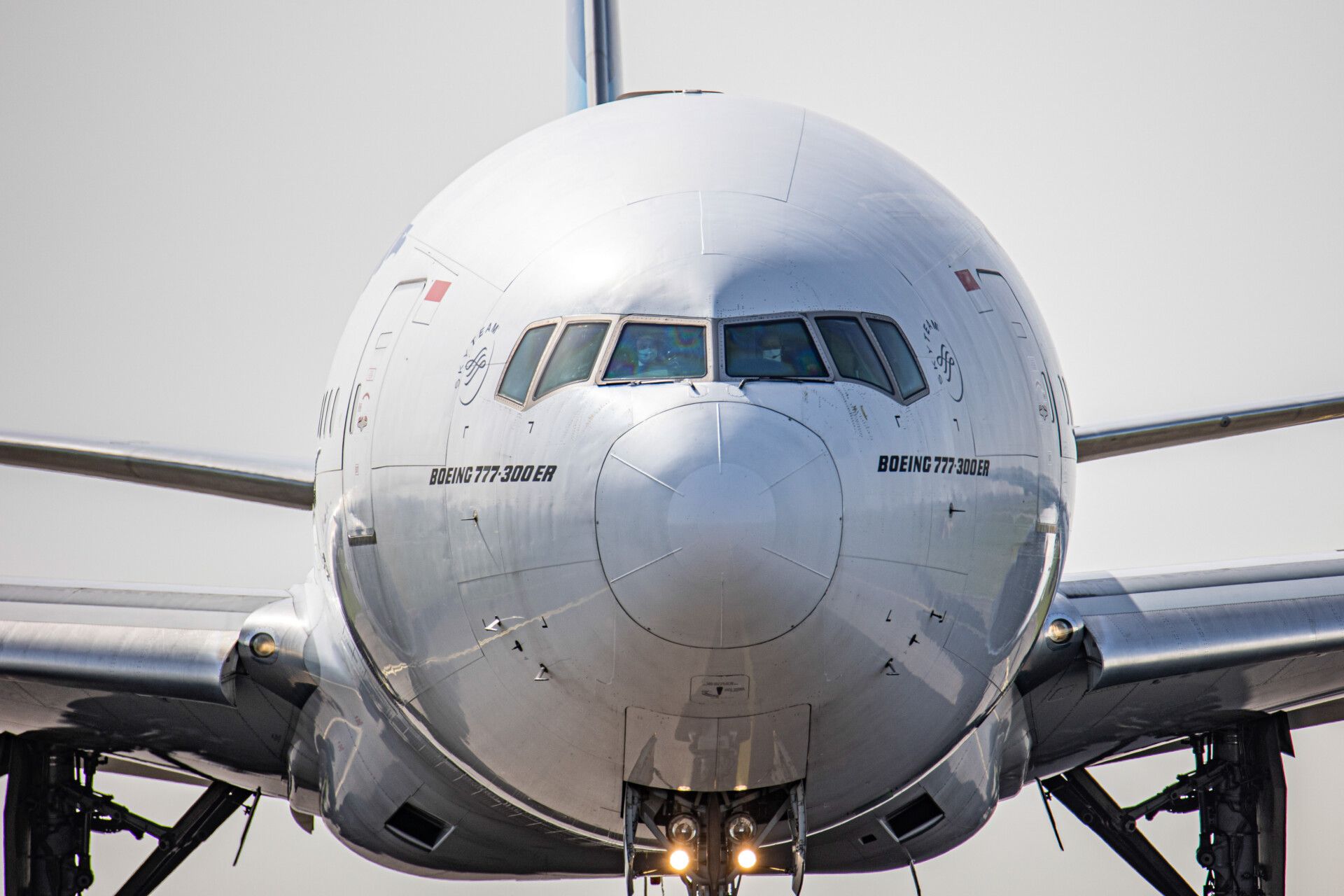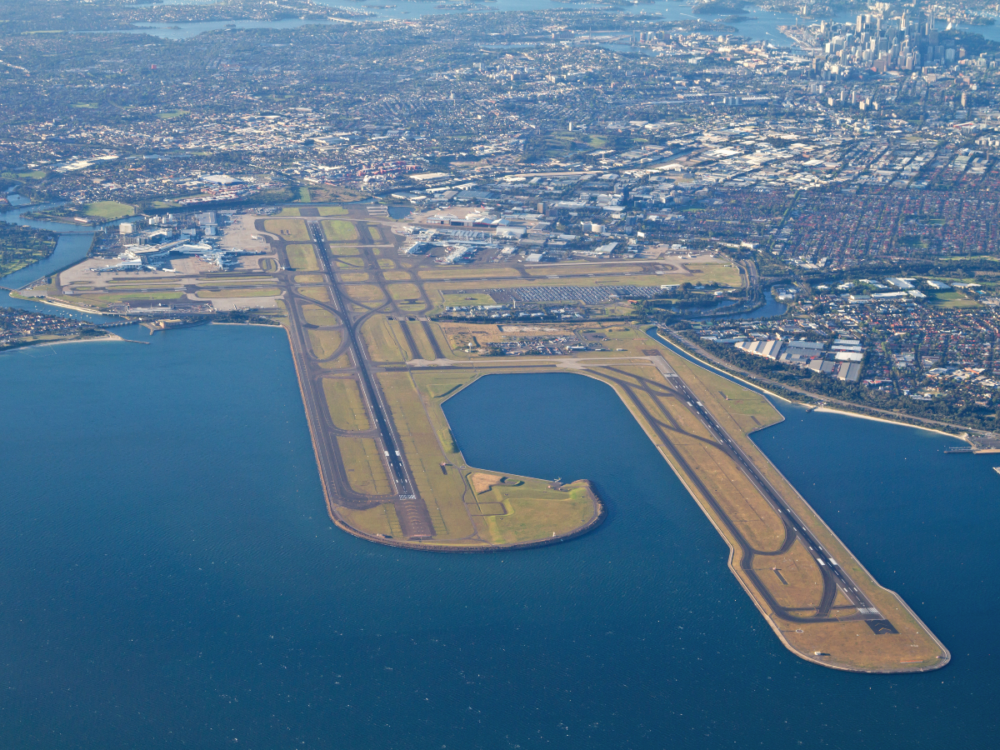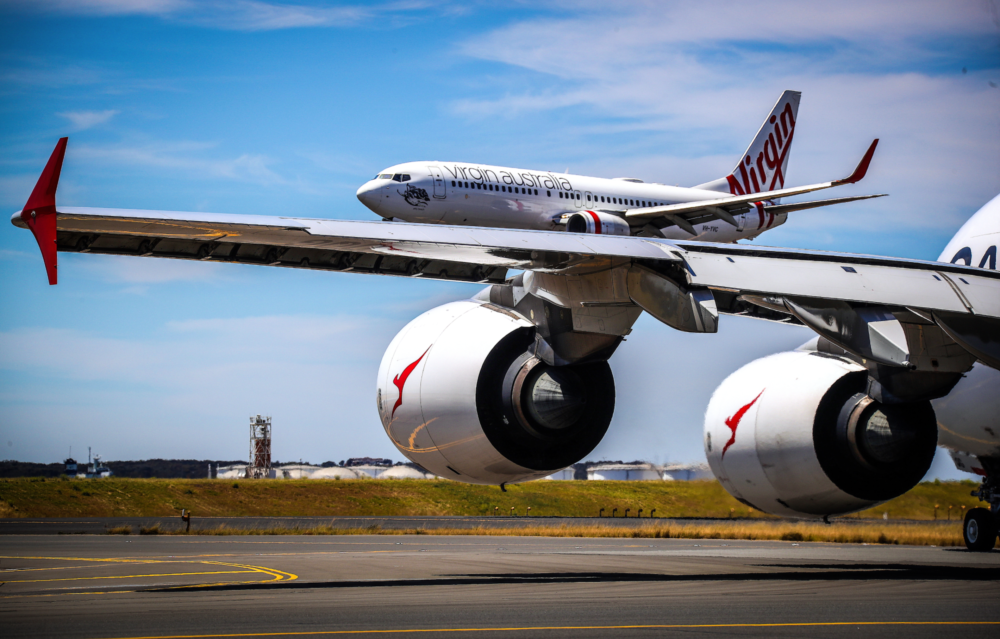Australia's competition watchdog, the Australian Competition and Consumer Commission (ACCC), will not oppose a multi-billion dollar takeover offer for Sydney Airport, Australia's busiest passenger airport.
Sydney Airport set to pass into private ownership
The ACCC's acquiescence is despite the prospective new owner, the Sydney Aviation Alliance, having significant financial stakes in several other major Australian airports. The ACCC's greenlight clears the way for the US$16.93 billion sale to proceed.
Early last month, the publicly listed Sydney Airport board recommended that shareholders accept the Sydney Aviation Alliance offer. The sale will see Australia's only major publicly listed airport go into private ownership.
"Throughout our investigation, we heard that there is very little, if any, competition between Australian airports,” ACCC Chair Rod Sims said.
“This is no surprise, as we’ve been saying for a long time that Australian airports such as Sydney Airport are natural monopolies, with significant market power and no price regulation.
“The proposed acquisition is therefore unlikely to substantially lessen competition in a market that already has such little competition.”
Australia's busiest airport & key international gateway
Sydney Aviation Alliance is a consortium of investment and infrastructure funds, including IFM Australian Infrastructure Fund, IFM Global, AustralianSuper, QSuper, and Global Infrastructure Partners.
In 2019, the last year of uninterrupted flying, 48,355,833 passengers moved through Sydney Airport. In the same year, the airport handled 324,144 aircraft movements.
The sale isn't quite a done deal yet. Seventy-five percent of existing shareholders need to give the sale the nod. A meeting to vote on the sale will be held in February. In an Australian Stock Exchange update on Thursday, the board of Sydney "unanimously" recommended shareholders vote in favor of the sale. Each board member will vote in favor of the sale.
As Australia's key international gateway and busiest passenger airport, Sydney is a prized infrastructure asset and typically a rich source of revenue for its owners. But like many other big city airports, Sydney Airport is frequently criticized for its hefty fees, charges, and rents.
Lack of competition among Australia's airports is a long-running issue
Being the only major passenger in Sydney, the airport can get away with it. In 2026, a second passenger airport is scheduled to open in western Sydney. In the meantime, there are fears the sale could result in even higher prices because ownership of Australia's biggest airports will further consolidate as a result of the sale.
IFM Global will take a 15% stake in Sydney Airport. But IFM already owns 25% of Melbourne Airport and 20% of Brisbane Airport. Australian Super owns 10% of Perth Airport. Via the Queensland Investment Corporation, Q Super has a stake in Brisbane Airport.
UniSuper, which already has a 15% stake in Sydney Airport and will retain that under a new corporate entity, now owns 7% of Brisbane Airport and 49% of Adelaide Airport.
The fear is selling Sydney Airport may add to the flow of information between airports with shared ownership. This could give those airports more bargaining power against airlines and other users of airports. Ultimately, passengers passing through Sydney Airport will wear any cost increases.
The ACCC's view is that there is now so little competition between airports in Australia, opposing the sale on competition grounds is pretty pointless.
“We understand the stakeholder concerns, however, fundamentally the lack of competition between airports means that any such sharing of information between airports would not amount to a substantial lessening of competition, which is what the law requires before we can oppose a merger,” Mr Sims said.



